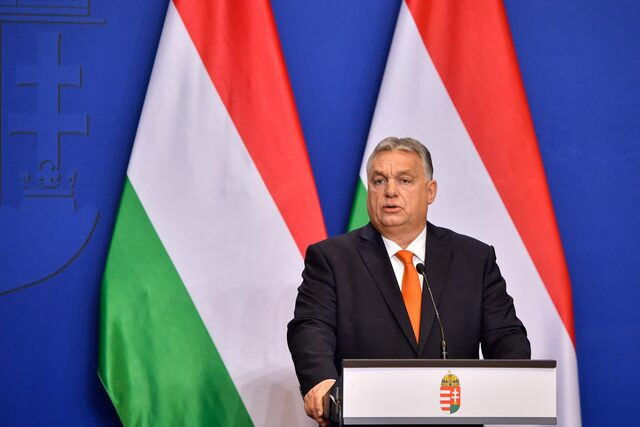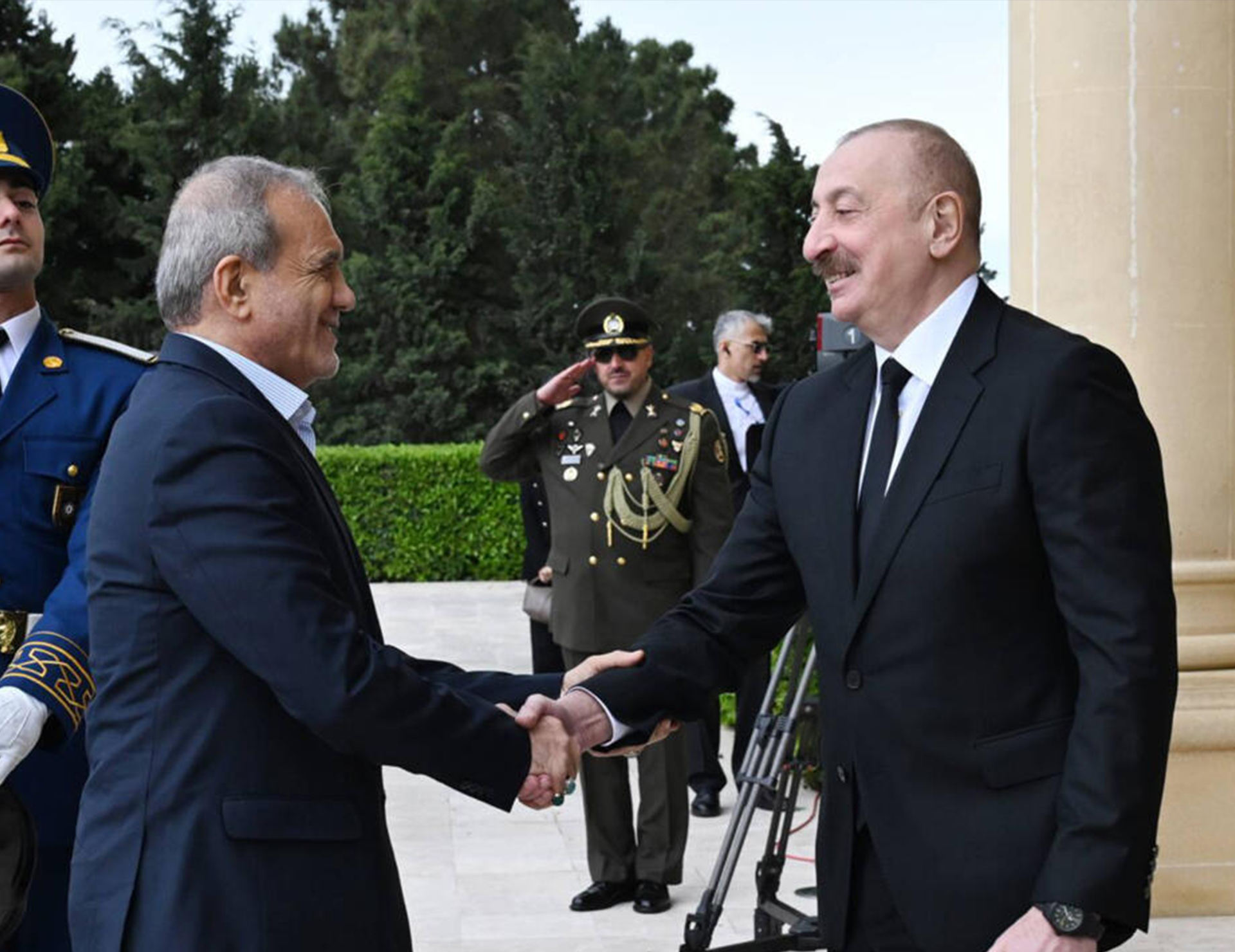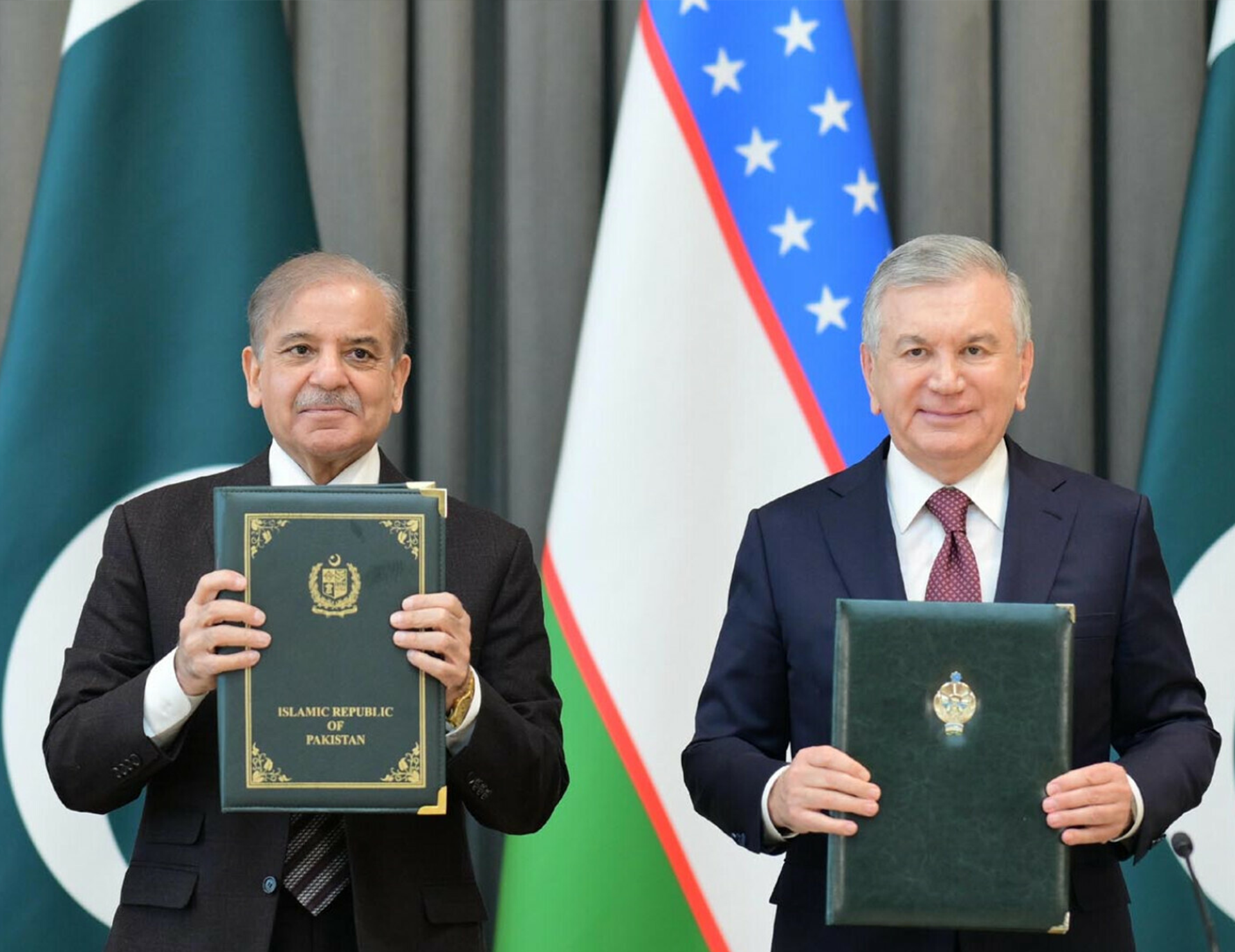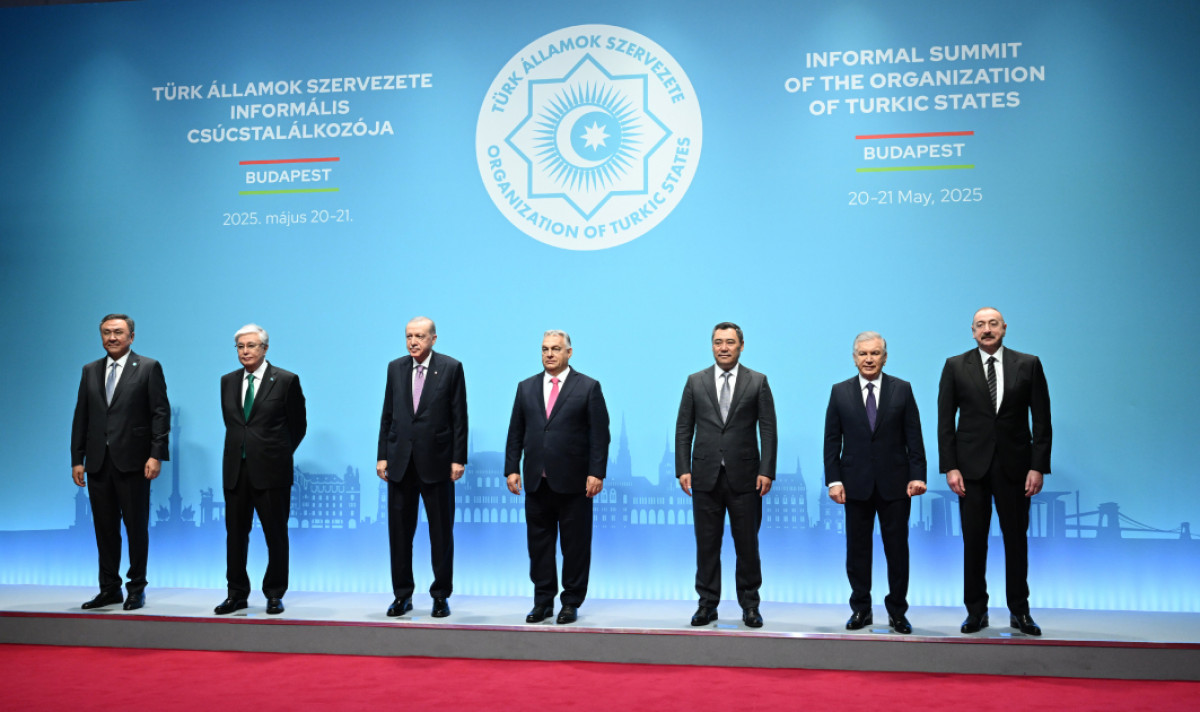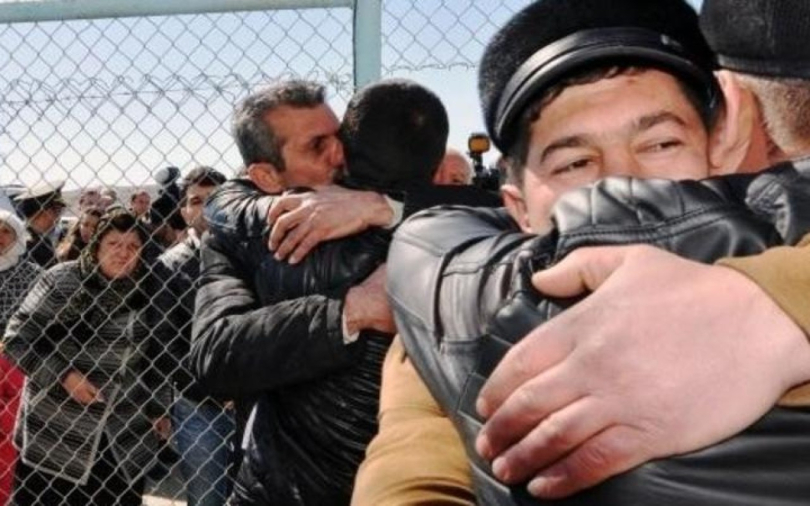By zooming in on the foreign policy of an individual state one can reach a substantial number of verdicts with regards to the current ‘state of play’ in international affairs. Hungary is a useful example, with the country’s foreign policy agenda showcasing multiple uncomfortable realities which now underpin the system of inter-state relations. The country, located in Central Europe and a member of the European Union since 2004, holds a strategically vital position for both the region and the EU specifically. However, it has regularly voiced its disapproval of the EU and has particularly highlighted the nonreciprocal way in which Brussels treats some of its member states, writes Huseyn Sultanli.
The country’s anxieties, to be discussed below, reflect a general trend, the essence of which resonates with many countries around the world. However, rather than simply accepting the imposition of ‘moral norms’ and ‘political righteousness’ by Brussels, countries like Hungary are determined to not let this reality become a consolidated one. The origins of this ‘fight-back’ lay, to a significant extent, in the country’s personal foreign policy personality, of which its national identity and key ideological dimensions are an inherent part. However, this is also facilitated by the fact that the international system in its previous form is now a thing of the past. This precisely concerns the end of the US-led engagement with the rest of the world under the broad slogan of “the West”, the transatlantic alliance no longer serving as the bedrock of the international system and powers like China, described for years as being on the periphery of the “rules-based order”, no longer being constrained to operating just within their ‘traditional’ spheres of influence. This has allowed an increasing number of countries, which are not ‘great powers’ per se, to more openly express their disapproval of how international affairs have been conducted in recent times.
This ‘new approach’ concerns countries taking increasing ownership of their foreign policy agendas and operating towards achieving their national interests which are, crucially, determined nationally and not by external forces. In Hungary’s case, Brussels institutions, confronted with this uncomfortable reality, have tended to double down on pointing out Hungary’s unsuitability for the European project. However, and as outlined by Viktor Orban himself, this rhetoric is full of internal contradictions, something which led to the weakening of the European Union’s credibility among countries like Hungary in the first place. Even though Hungary’s confrontation with EU leaders is unique per se, the very essence of its disapproval of the ‘status quo’ is shared by countries in other regions. Before drawing this much needed parallel, it is essential to unpack an on-going and, most importantly, growing rift which might have serious implications for European unity and security.
Hungary and the EU: headed for divorce?
Although Hungary is a fully-fledged EU member, it has consistently expressed its discontent with the organization and its political leadership. This, however, is not just regular discontent in the face of criticism of the EU’s inability to consolidate itself in spheres like security and defence or generate cohesion among its members. It is a much deeper-rooted issue, with Hungarian leadership adamant that the interests of the country and the interests of Central and Eastern Europe more generally are inadequately addressed within the organization. Prime Minister Viktor Orban and Foreign Minister Péter Szijjártó have repeatedly expressed their frustration at the inability of the European project to operate around common values, the implementation of which is consistent and is targeted at collective rather than exclusive benefit. This includes an array of areas, all united by the common denominator of Hungary’s conviction that politicians in Brussels have unfairly deemed it (and some other states) responsible for all of the EU’s internal and external wrongdoings.
Since May 2010, which is when Viktor Orban became Prime Minister of Hungary for the second time, the country’s relations with the EU have been engaged in a firm and persistent decline. The list of disagreements between the sides, despite being exhaustive, has tended to revolve around Hungary’s feeling that in Brussels, a deliberate and targeted strategy of sidelining its independent agenda and interests is in place. In response to this, Brussels institutions are adamant that Budapest, despite its membership of the EU, carries out policies which are inherently contradictory to “EU values”. This has been comprehensively rejected in Budapest, with the country’s political leadership pointing out that EU executives have made a habit of singling out smaller nations as a way of diverting attention away from the issues at the heart of the institution. Essentially, there is a feeling among the Hungarian leadership that the country’s unwillingness to mirror the ‘Brussels way’ has led EU institutions to adopt prejudiced and unjust practices against the country. Notable disagreements between the sides include a deadlock over internal financial policies (specifically rules concerning the EU’s budget deficit policy), the migration crisis of 2015 or, more recently, Hungary’s unwillingness to join the EU’s aggressive sanction policy towards Russia.
Throughout its presidency of the European Council (July-December 2024), the Hungarian leadership has characterized the EU as a ‘failing’ project that has been unable to work towards peace in the way that it had envisioned and its normative status was suggesting. In a speech assessing the outcomes of his country’s presidency, Viktor Orban openly stated that Hungary (and other states) are simply against “the Brussels system”, which has been hijacked by an influential group of individuals that has turned the EU into a ‘global’ rather than ‘European’ organization. This unease lies in the EU’s supranationalism spinning increasingly out of control, becoming increasingly ‘unconservative’ and infringing more intensely on matters that have profound and direct implications for the sovereignty and national interests of its “smaller” member states.
Widespread geopolitical implications
The platform that is the presidency of the European Council provided Hungary with a unique opportunity to justify its position, as opposed to just voice its discontent and act as a ‘disruptor’, as alluded to in Brussels. This is essential in contemporary international affairs, especially given the tendency of powerful actors to organize disinformation campaigns targeted at a country and its leadership in the case of misalignment with the ‘expected way’ of operating. This ‘retreat’, however, is not unique to Hungary – several states, with Azerbaijan being one of the most notable examples, ‘think alike’ and have made a point of adopting a similar approach to its foreign policy activities. Both countries, despite the important distinction of Azerbaijan not being a member of an organization like the EU, feel that their interests, which in Azerbaijan’s case includes something as basic but essential as the principle of territorial integrity, are insufficiently respected. The abovementioned disinformation tactic paints such countries as inherently contradictory to certain standards which have, by now, been eroded by their own creators, delegitimizing their credibility in the first place.
This situation undoubtedly contains an ideological dimension. In the speech cited previously, Viktor Orban repeatedly linked the failure of the EU with its excessively ‘liberal’ turn. The conservatism that underpins both the Trump and Orban governments has united their positions on several fronts, including on the highly sensitive matter of migration. This is a response to the EU’s use of such sensitive matters for political purposes, adopting a policy of conditional cooperation (on LGBT issues, for example). This form of self-inflicted ‘isolationism’, which is paradoxical as the EU’s aim is actually to promote economic and political integration, does not satisfy the likes of Hungary and Azerbaijan because of their emphasis on the importance of conducting inter-state relations via trust. However, trust is not something that can be imposed in international relations. It has to be mutually constructed over a certain period of time, something that has not happened in Hungary’s relationship with EU institutions and even leading individuals.
From a geopolitical perspective, Hungary has distanced itself from the EU’s categorization of China as a ‘strategic rival’, something it considers a fatal mistake that will only exacerbate the region’s economic challenges. It has refused to support the complete breakdown of relations with Russia. It has not supported the EU sanctions programme and has not agreed to contribute to the supply of weapons to Ukraine, citing both factors as key catalysts for the continuation rather than the prevention of conflict. By describing his vision for an ideal world order as being composed of ‘friends, cooperation, economic ties and business benefits’, Orban has made it clear that the EU is ill-equipped to deliver security, prosperity and harmony for Europeans.
The Hungary-Azerbaijan dynamic: shared unease
Both Hungary and Azerbaijan suffer from a similar issue – powerful institutions or actors use their economic and political superiority to impose conditions on the countries, ‘expecting’ them to marginalize their nationally-determined interests and adopt externally-established models of operation. In Azerbaijan’s case, this includes something as fundamental as the country’s right to restore its territorial integrity, a process it had to pursue on its own given the passivity of relevant international institutions to adequately condemn Armenian occupation. Azerbaijan’s foreign policy approach is described by experts as a multi-vector strategy that deliberately avoids ‘big brother’ relationships and builds mutually beneficial cooperation based on trust and unwavering respect. Hungary has been able to similarly balance between major geopolitical actors – with Russia, the country shares important energy ties, importing Russian oil and gas which helps uphold its economy; with China, the country recently signed a strategic partnership agreement spanning multiple industries; with the US, the country’s leadership is in close and respectful contact with the Trump administration, in stark contrast to the Biden administration; with Turkey, the countries are united by strategic ties facilitated by ethnic proximity and historical ties, enhanced by Hungary’s active engagement with the Organization of Turkic States (OTS) as an observer state.
Azerbaijan’s mirroring of this pragmatic approach in its own foreign relations confirms that international affairs have entered a new era with a new component – mutually beneficial cooperation, which is, vitally, underpinned by trust and political good-will. This appears to be the way forward and will shape regional agendas. Hungary has demonstrated this approach in its relations with Azerbaijan, rejecting all attempts to undermine the country’s territorial integrity. Recently, it blocked the provision of 10 million euros worth of aid to Armenia on behalf of the European Peace Facility. In its official objection, the country stated that to ensure this step does not unsettle the stability of the region, the same amount has to be allocated to Azerbaijan for the country’s on-going de-mining efforts on its liberated territories. This demonstrates, despite portrayals from influential powers of the opposite, an adherence to common sense and principles of international law as basic but foundational as territorial integrity and non-interference.
In addition to legal and political matters, agreement on which is a key prerequisite for fruitful ties, diplomatic trust is constructed through regular and mutually beneficial projects. Bilateral relations between Hungary and Azerbaijan touch upon issues as important as energy affairs. This includes forward-looking projects that are designed to adapt to the ‘green transition’. This cooperation takes place both in multi-lateral settings, such as the joint venture established in 2024 to construct an electric transmission line beneath the Black Sea, but also bilaterally with Hungarian and Azerbaijan oil and gas companies in regular, comprehensive cooperation.
The “new normal” – looking ahead
The resolute position adopted by Hungary and its widespread acceptance by other states confirms the fierce intensity of change in international affairs. As the United States modifies its global position and the European Union pursues new strategies, which tend to be contradictory and actually discourage some of its members, the intensification of regionalism (regional cooperation in new formats) is unlocking new ‘centers’ of power and influence. Hungary’s role in driving this change is undisputed, with the country acting to confront rather than accept conduct that turns the international arena into a prejudiced and unfair space. The country’s recent exit from the International Criminal Court once again emphasizes that international institutions that were once categorized as ‘standard setters’ are facing increasing backlash, urging a profound reflection.
In the words of Warren Buffet, a famous American investor, one’s success should always be measured through “how many people they brought with them” in whatever they were pursuing, rather than solely how far they reached. If one were to apply this thinking to Hungary, the country’s battle against unfair practices in its direction is certainly succeeding, something that should only be welcomed.
https://www.eureporter.co/world/hungary/2025/05/01/hungarys-geopolitical-renavigation-a-new-reality/

